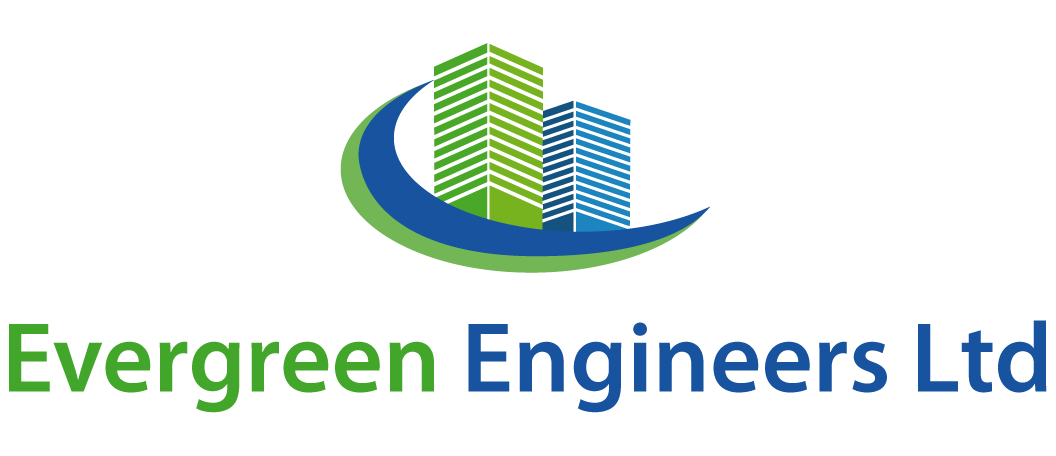Applying for a Spouse Visa using cash savings involves following a specific set of guidelines and meeting financial requirements set by the immigration authorities of the respective country. In this explanation, I’ll provide a general guide, but it’s essential to refer to the specific immigration rules of the country in question, as requirements may vary. For the purpose of illustration, let’s consider the UK as an example.
Understand Eligibility Criteria:
Before applying for a Spouse Visa, it’s crucial to understand the eligibility criteria set by the immigration authorities. Typically, this involves being married to or in a civil partnership with a person settled in the country and intending to live together.
Financial Requirement:
One of the key requirements for a Spouse Visa is meeting the financial threshold. In the UK, this is often demonstrated through income, savings, or a combination of both. If you choose to use cash savings, you must prove that you have the required amount.
Check the Financial Threshold:
The financial threshold may vary depending on factors such as whether there are dependent children. Ensure you check the most recent and relevant financial requirements for your situation. As of my last knowledge update in January 2022, the UK requirement was £62,500 in cash savings.
Understand the Types of Savings Accepted:
Immigration authorities typically accept various types of cash savings, including bank savings, investments, and cash ISAs. It’s essential to ensure that the savings are in a readily accessible form and meet the specific criteria outlined by the authorities.
Accumulate the Required Savings:
If you don’t already have the required savings, you’ll need to accumulate them. This may involve a period of saving, and it’s crucial to plan accordingly, considering the application timeline and any fluctuations in exchange rates if applicable.
Maintain Savings for the Required Period:
Some immigration authorities require you to maintain the specified amount of savings for a set period before applying for the visa. This is often to demonstrate stability and the ability to support yourself without recourse to public funds. Make sure you understand and adhere to this requirement.
Prepare Financial Documentation:
When applying for a Spouse Visa, you’ll need to provide detailed financial documentation to prove that you meet the savings requirement. This typically includes bank statements, investment details, and any other relevant financial documents. Ensure that the documentation covers the required period and is in the prescribed format.
Currency Conversion:
If your savings are in a currency other than the one accepted by the immigration authorities, you may need to convert them. Be aware of any fees associated with currency conversion and document the exchange rates at the time of conversion.
Consult with an Immigration Advisor:
Given the complexity of immigration processes, especially when it comes to financial requirements, it’s advisable to consult with an immigration advisor or solicitor. They can provide guidance on your specific situation, help you understand the requirements, and ensure that your application is as robust as possible.
Complete the Visa Application Form:
Once you have the necessary documentation, you can proceed to complete the visa application form. Provide accurate and truthful information, ensuring that you address all the relevant sections, including those related to financial support.
Attend Biometric Appointment:
Many countries require applicants to attend a biometric appointment as part of the visa application process. This involves providing fingerprints and a photograph. Ensure that you attend this appointment as scheduled.
Submit the Application:
After completing all the necessary steps, submit your visa application. This is typically done online, but the process may vary by country. Pay the required fees and ensure that you have included all the necessary supporting documents.
Await a Decision:
The processing time for visa applications varies, but you can usually track the progress of your application online. Be patient and await a decision. If there are any additional documents required, respond promptly to requests from the immigration authorities.
Prepare for an Interview:
In some cases, you may be required to attend an interview as part of the visa application process. Prepare for this by familiarizing yourself with the details of your application and being ready to provide additional information if necessary.
Receive the Visa and Travel:
Once your visa application is approved, you will receive the visa in your passport. Make sure to check all the details for accuracy. You can then make plans to travel to the country and join your spouse.
Important Considerations:
Changes in Immigration Rules: Immigration rules can change, so it’s crucial to stay informed about any updates or amendments to the regulations.
Seek Professional Advice: If you find the process overwhelming or if your situation is particularly complex, seeking professional advice from an immigration consultant or solicitor is highly recommended.
Plan Ahead: Visa applications often involve waiting periods. Plan ahead to ensure that you submit your application well in advance of your intended travel date.
Maintain Communication: If there are any changes in your circumstances during the application process, such as changes in financial status, it’s important to communicate these changes to the immigration authorities.
For more information you can can contact us or call us at 07500242494 / 020 3129 5156

